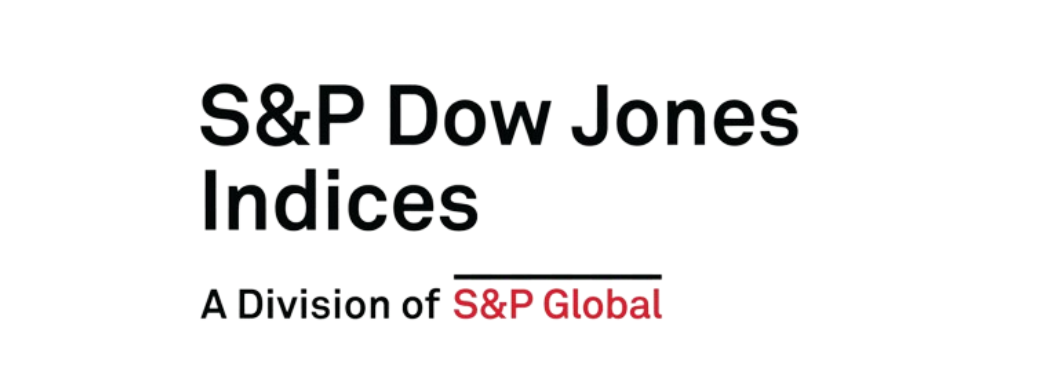Talk of GameStop’s return to the S&P 500 is increasing after an August rally drove the company’s market cap past $13bn, far higher than the threshold required to join the flagship US index, however, there are still a number of barriers halting its selection, most notably S&P Dow Jones Indices’ (SPDJI) anonymous index committee.
The company known for its role in the rise of meme stock trading at the end of 2020 has soared 1,075% to $203 so far this year, as at 3 September, taking its market cap to $13.1bn.
This level is far higher than the smallest companies within the index such as National Oilwell Varco which has a market cap of just $5.1bn in comparison.
As a result, SPDJI’s flagship index could be the latest to be affected by the trading frenzy that has taken place among the army of retail investors which gather on forums like WallStreetBets on Reddit.
Unlike other indices from MSCI and FTSE Russell, SPDJI appoints an index committee made-up of anonymous names at the firm. The committee adds a qualitative methodology to the firm’s index range that considers factors outside of the implemented rules.
Much like an active manager, the committee has the final say in whether a company is included in the index as highlighted by its decisionto add Teslato the S&P 500 in November 2020, despite it rejecting the electric vehicle manufacturer’s entry two monthsearlier in September.
As the S&P 500 methodology states: “Constituent selection is at the discretion of the index committee.”
This is one of the biggest criticisms lobbied at the idea of an index committee. The fact a company’s inclusion in an index is dependent on a group of individuals highlights the subjective nature of the process.
In essence, the S&P 500 is designed to represent the US stock market, a vague objective that is certainly open to interpretation.
Where GameStop currently struggles if it wants to be included in the S&P 500 is quarterly earnings. The rules require a company to have posted positive earnings in the latest quarter and the sum of the past four quarters must be positive.
All eyes now turn to 8 September when investors and the wider market will turn their attention to the meme stock darling’s Q2 earnings.
Positive results will heap the pressure on the index committee to include GameStop, however, even then, it remains a major hurdle to clear, especially considering the journey the business has been on over the past 12 months.



